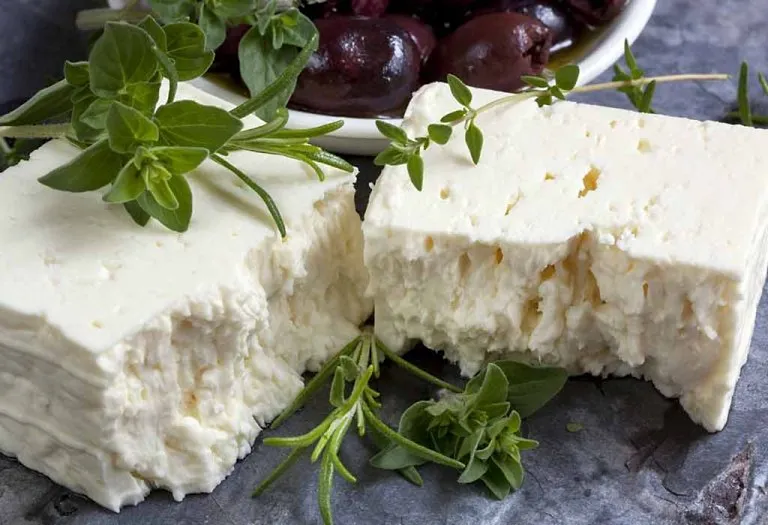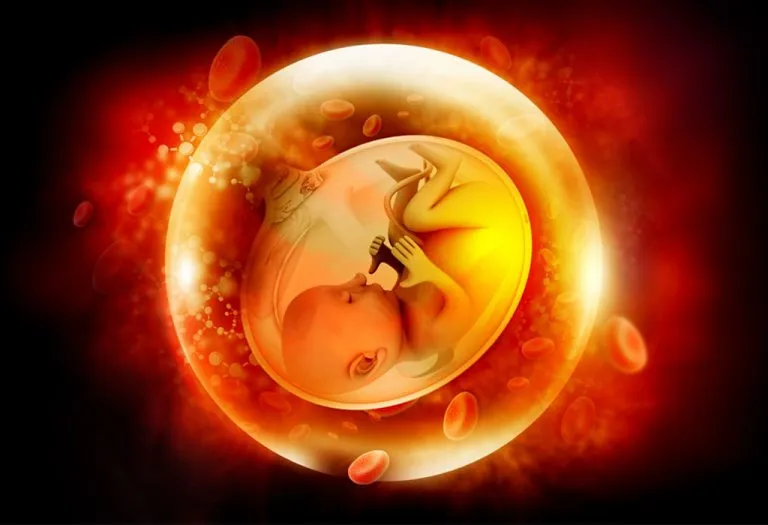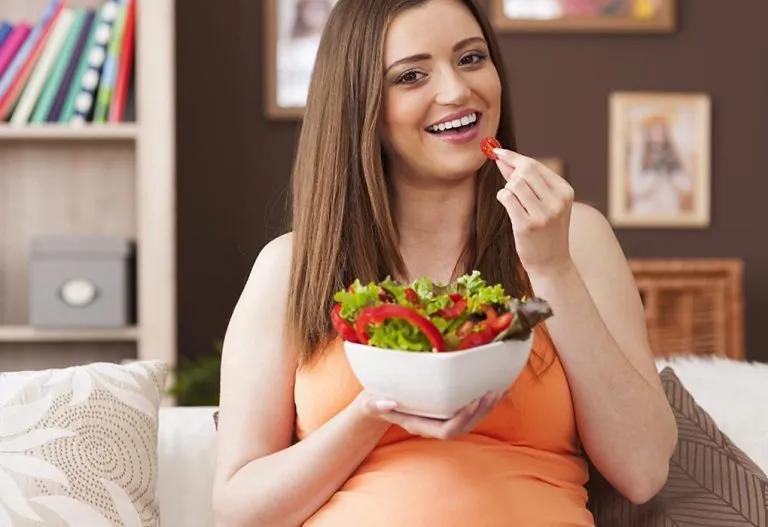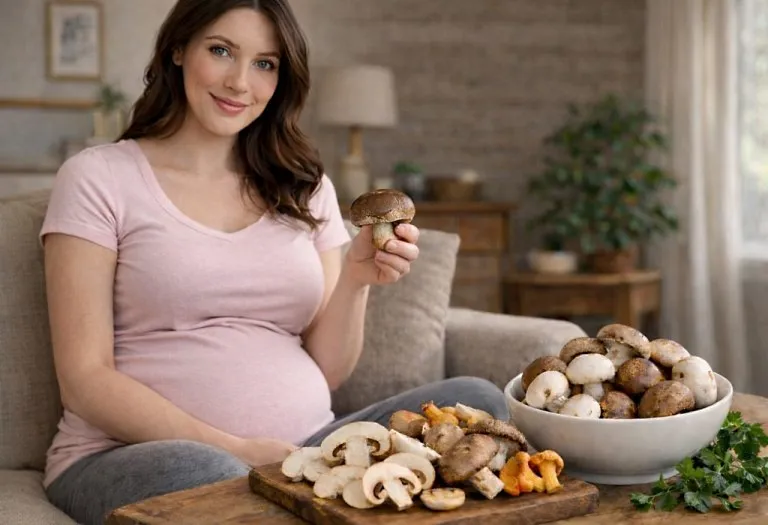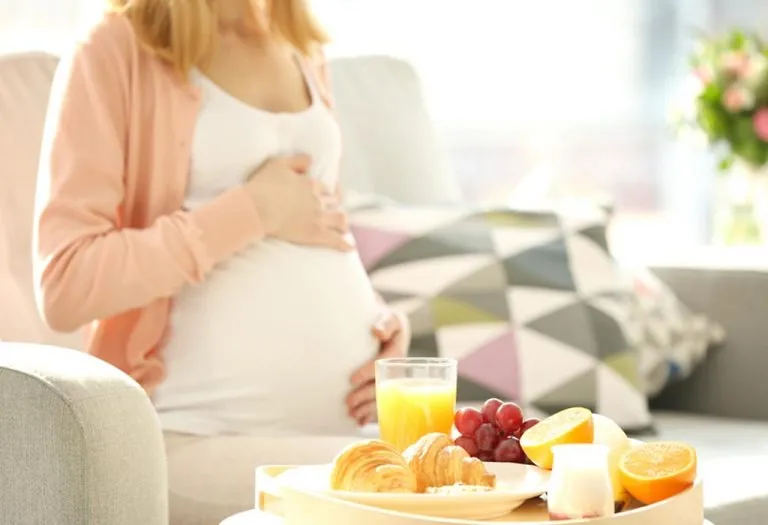24 Foods That Can Cause Miscarriage in Early Pregnancy

- Foods That Can Cause Miscarriage in Early Pregnancy
- Infographics: 8 Foods that Can Cause Miscarriage in Early Pregnancy
The journey of motherhood commences with pregnancy, a phase demanding a balanced and nutritious diet filled with ample fruits and vegetables. While embracing healthy choices, caution is warranted regarding the consumption of specific foods that cause miscarriage during this crucial period. These items are known to potentially trigger miscarriages, particularly in the first trimester of pregnancy. Navigating the nuances of a safe pregnancy requires a vigilant approach to dietary choices and ensuring to avoid specific foods during pregnancy. This article delves into the intricacies of such dietary restrictions during pregnancy, offering valuable insights for expectant mothers. Dive in and read on to expand your knowledge on the subject.
Foods That Can Cause Miscarriage in Early Pregnancy
Pregnancy brings with it morning sickness, nausea, and food cravings too. Several women know what expectant mothers should eat and what they should avoid for the health of the little life growing inside them. Although we recommend you should be careful about what you consume through the pregnancy, here, we shall share some foods that you should specifically avoid these foods that induce miscarriage. Let’s take a look at them.
1. Pineapple
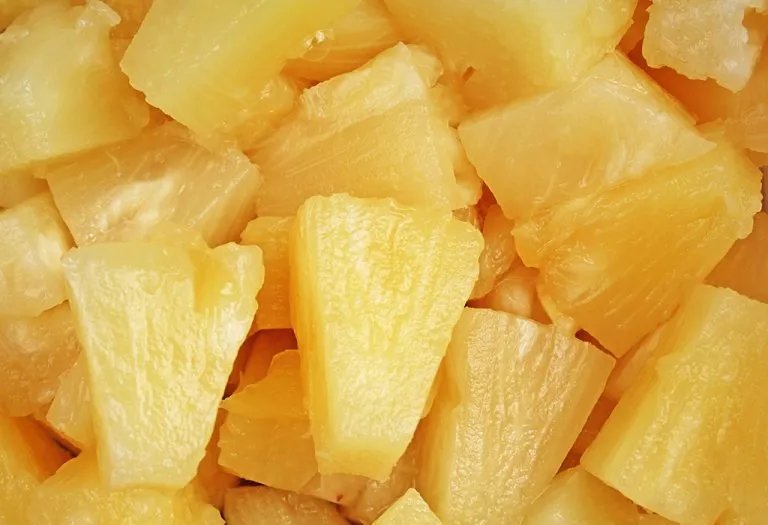
Pineapple contains bromelain, which softens the cervix and starts untimely labour contractions, resulting in a miscarriage. Pregnant women can take moderate amounts of pineapples during the early stages of pregnancy. When pineapple is consumed in heavy amounts (7 to 10 whole fruits), it might cause bleeding. Remember to consult your medical practitioner for more queries.
2. Crabs
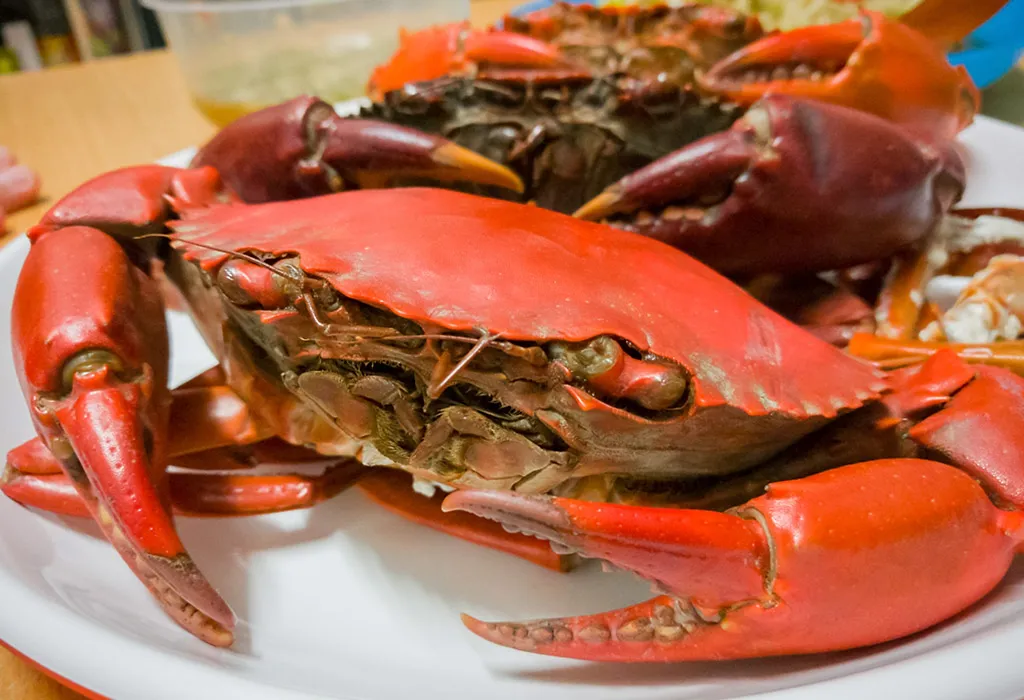
Although crabs are a rich source of calcium, they also contain high levels of cholesterol. This can cause shrinkage of the uterus and lead to internal bleeding and miscarriage. Therefore, it’s sensible to refrain from eating it during pregnancy.
3. Sesame Seeds
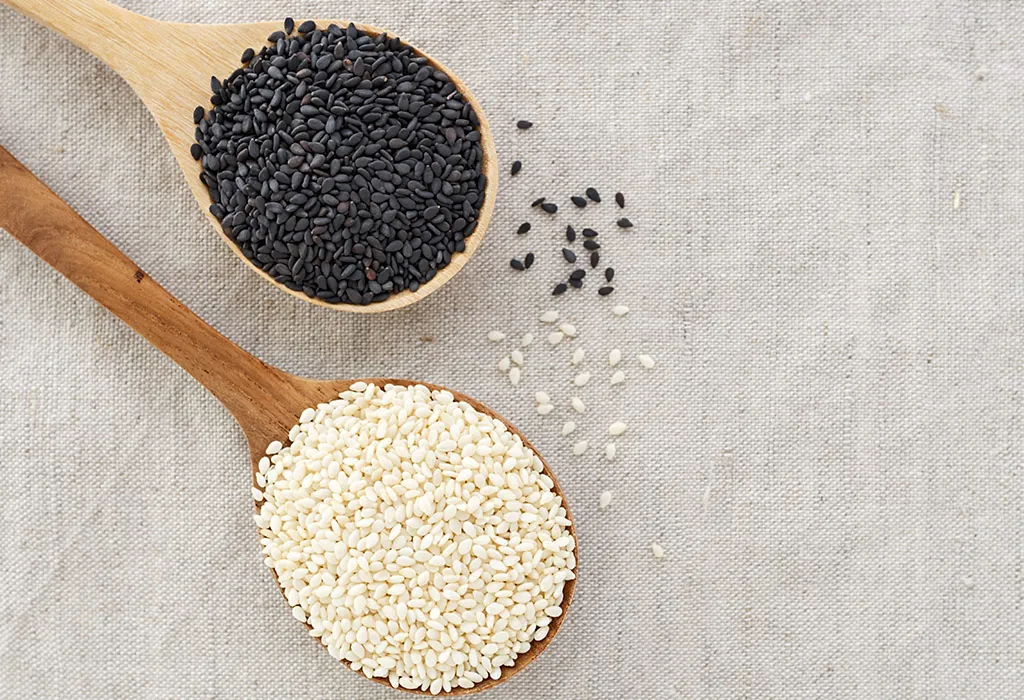
Pregnant women should consume sesame seeds in minimal amounts. Sesame seeds, whether black or white sesame seeds, when consumed along with honey, can cause trouble during early pregnancy.
4. Animal Liver
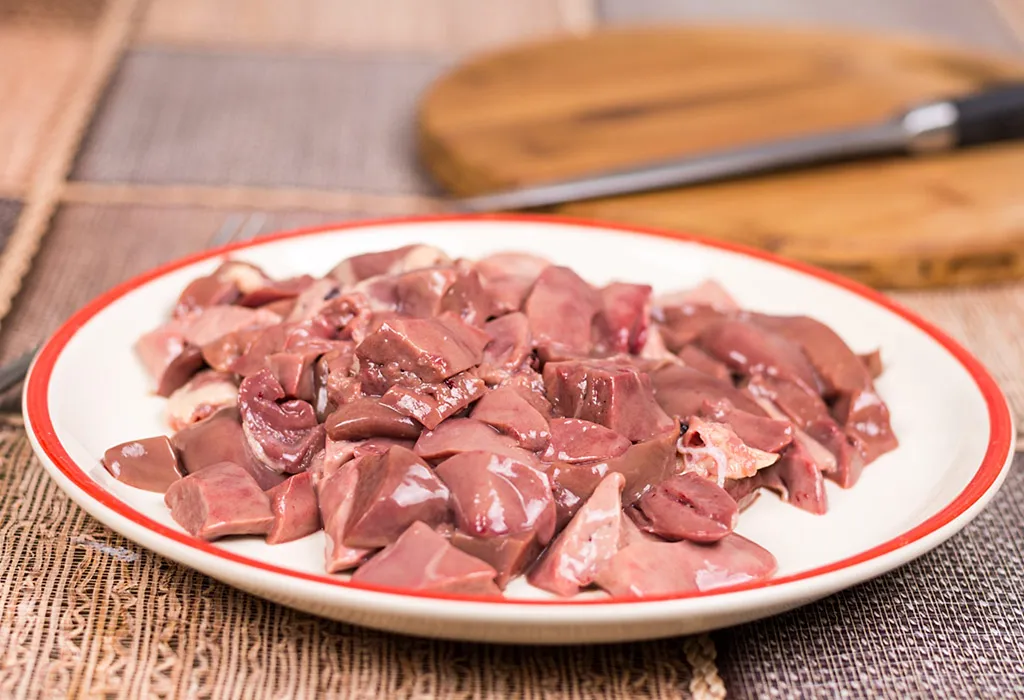
Animal liver is full of vitamin A. So, having it twice a month is not that harmful and does not cause miscarriage. But, if consumed in large quantities by pregnant women, it promotes a gradual accumulation of retinol which may adversely affect the baby’s health.
5. Aloe Vera
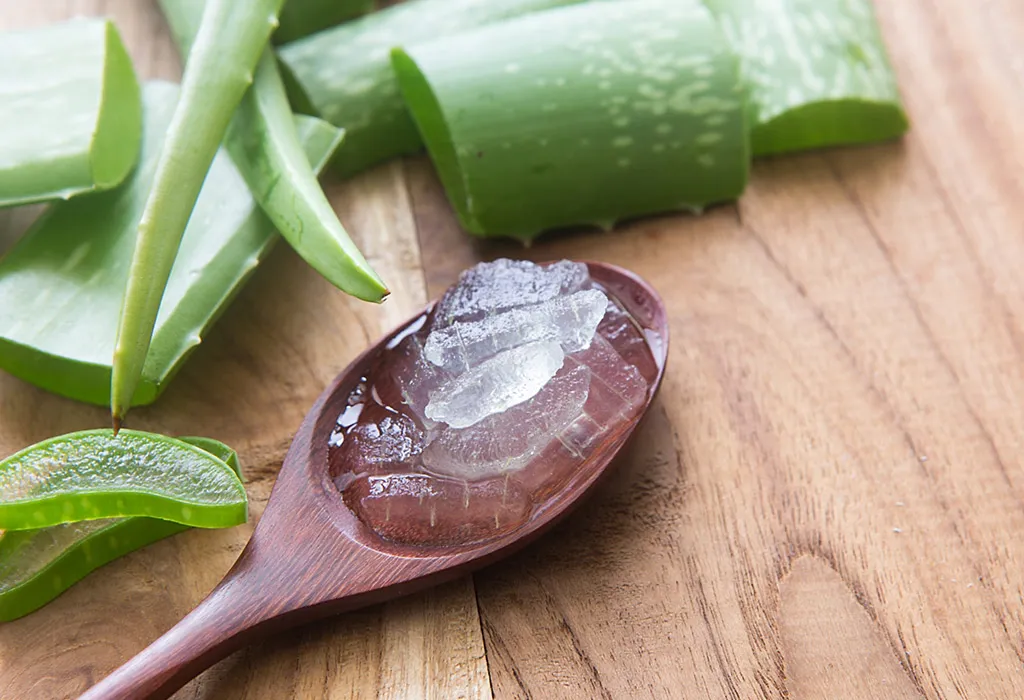
Aloe vera is known for its numerous health benefits. There are instances of pregnant women deliberately eating aloe vera during pregnancy. This is a wrong thing to do as aloe vera comprises of anthraquinones, a kind of laxative that induces contractions of the uterus and pelvic bleeding. This, in turn, leads to a miscarriage. That said, aloe vera gel, when applied to the face, is not unsafe during pregnancy.
6. Papaya
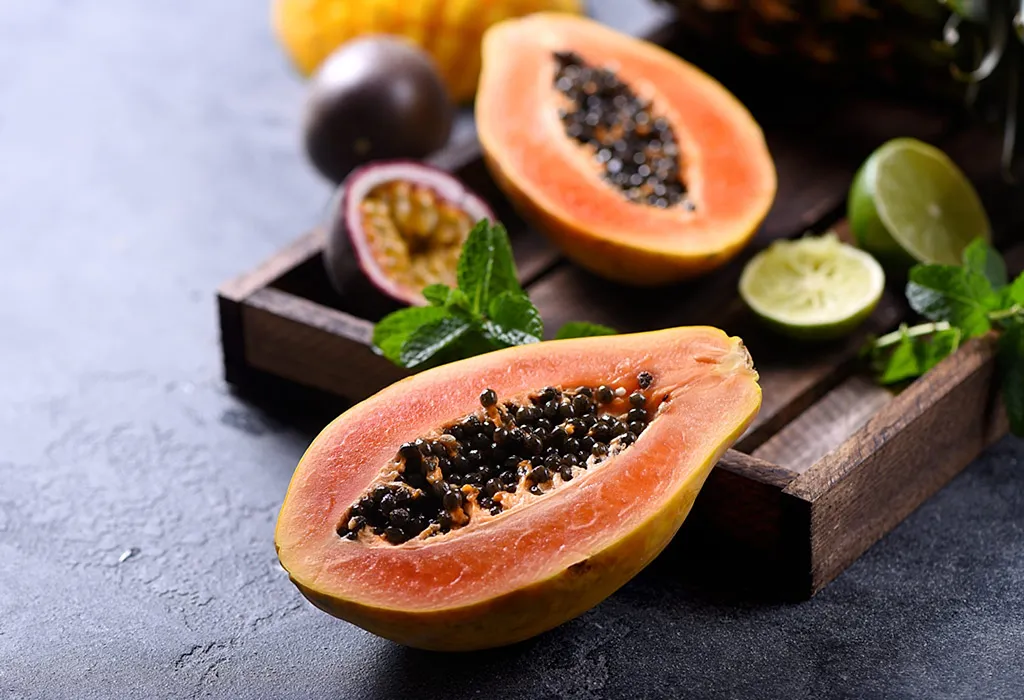
Unripe papayas and green papayas have components that act as laxatives and bring on premature labour. Papaya seeds are also rich in enzymes that cause contraction of the uterus, resulting in a miscarriage.
7. Drumstick
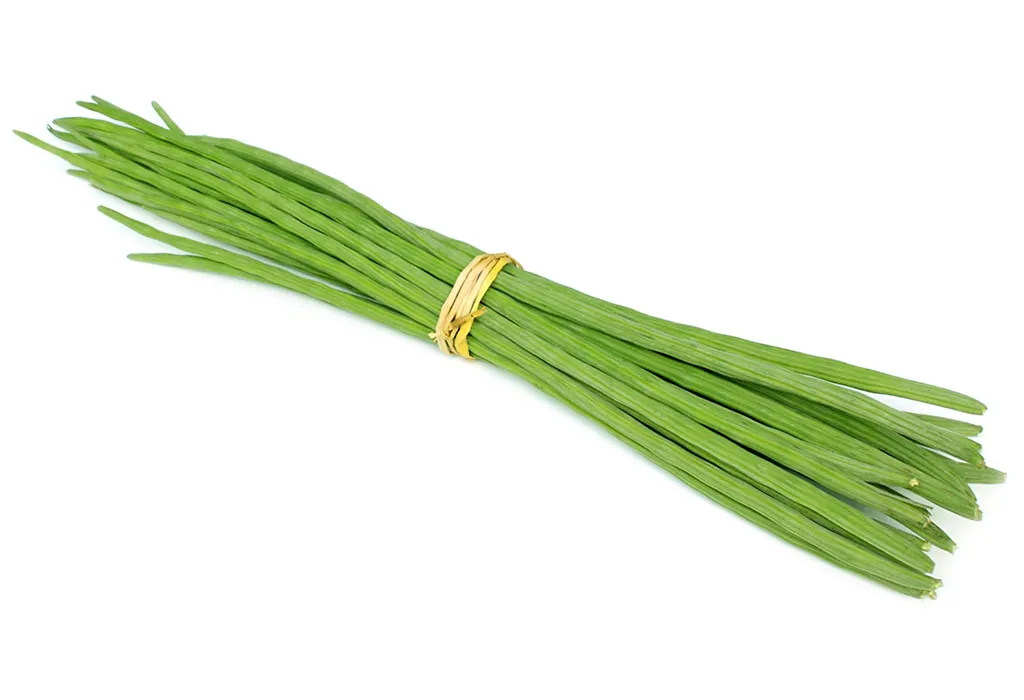
Women need to exercise caution while consuming drumstick during pregnancy. It comprises alpha-sitosterol, which is detrimental to pregnancy. As drumstick is rich in iron, potassium and vitamins, it can be eaten in limited quantity.
8. Raw Dairy Products
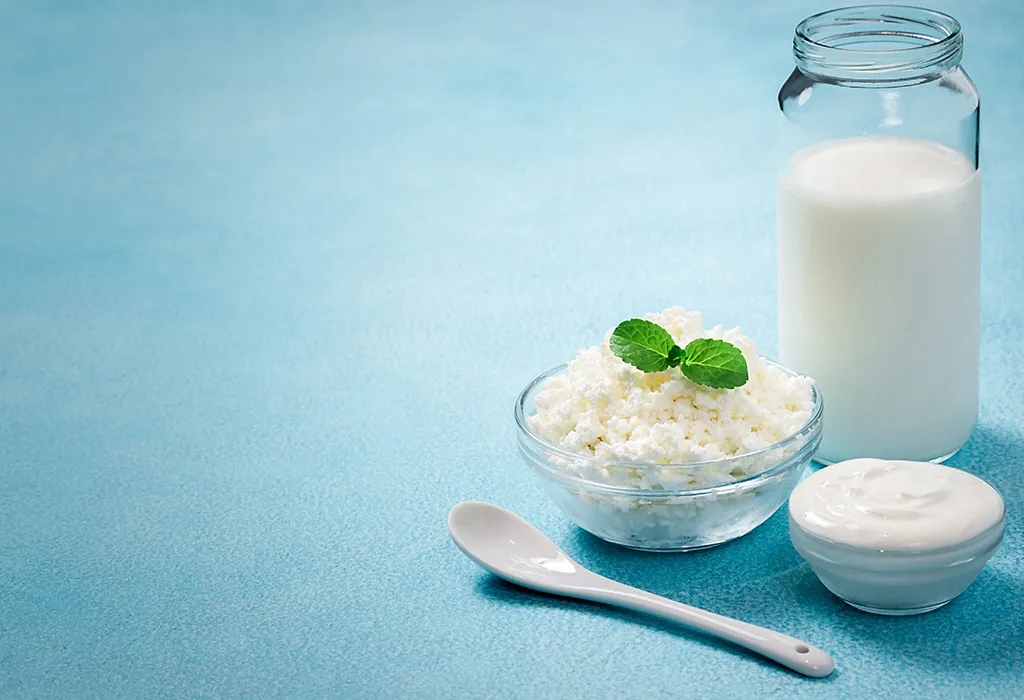
Unpasteurised milk and gorgonzola, mozzarella, feta, and brie varieties of cheese possess disease-carrying bacteria like Listeria monocytogenes, which can be harmful to the pregnancy. Consuming such dairy products can lead to pregnancy complications.
9. Caffeine

According to research, caffeine, when consumed in moderation, is quite safe during pregnancy. Still, it is advisable for pregnant women to observe some restraint, as increased levels of caffeine during pregnancy can lead to a miscarriage or an underweight baby. Moreover, caffeine has a mild diuretic effect, so it should be consumed in limited quantities. Caffeine is not only present in coffee, but also in tea, chocolates and some energy drinks.
10. Mercury-Rich Fish
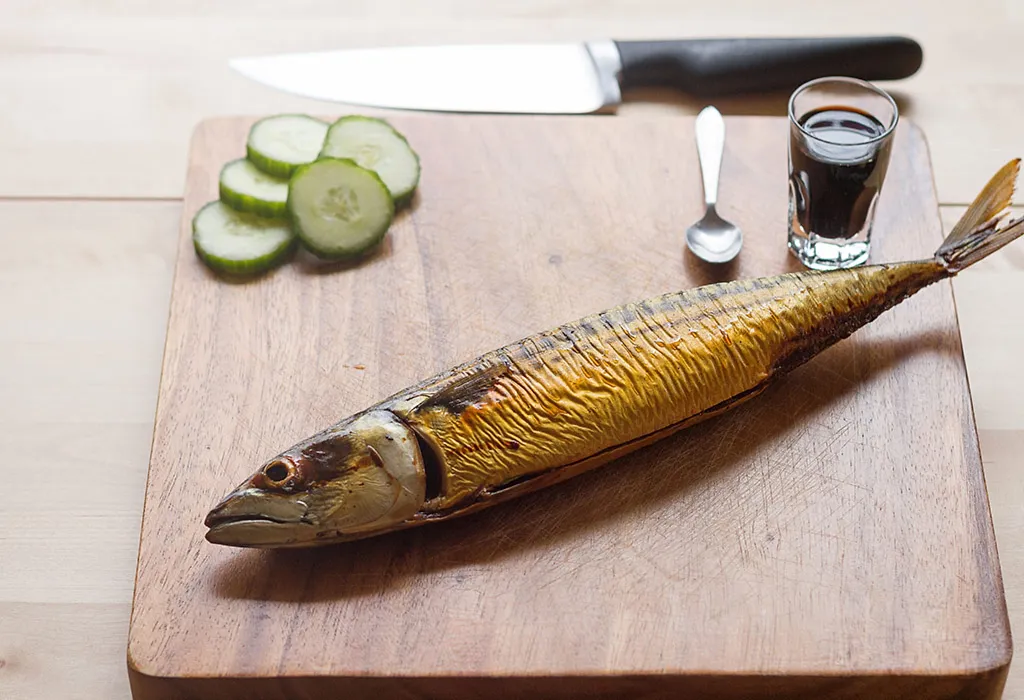
Pregnant women should be careful while consuming fish. Avoid varieties having high mercury content like king mackerel, orange roughy, marlin, shark, tilefish, swordfish, and bigeye tuna. Excessive mercury intake can adversely affect the baby’s developing brain and nervous system.
11. Herbs
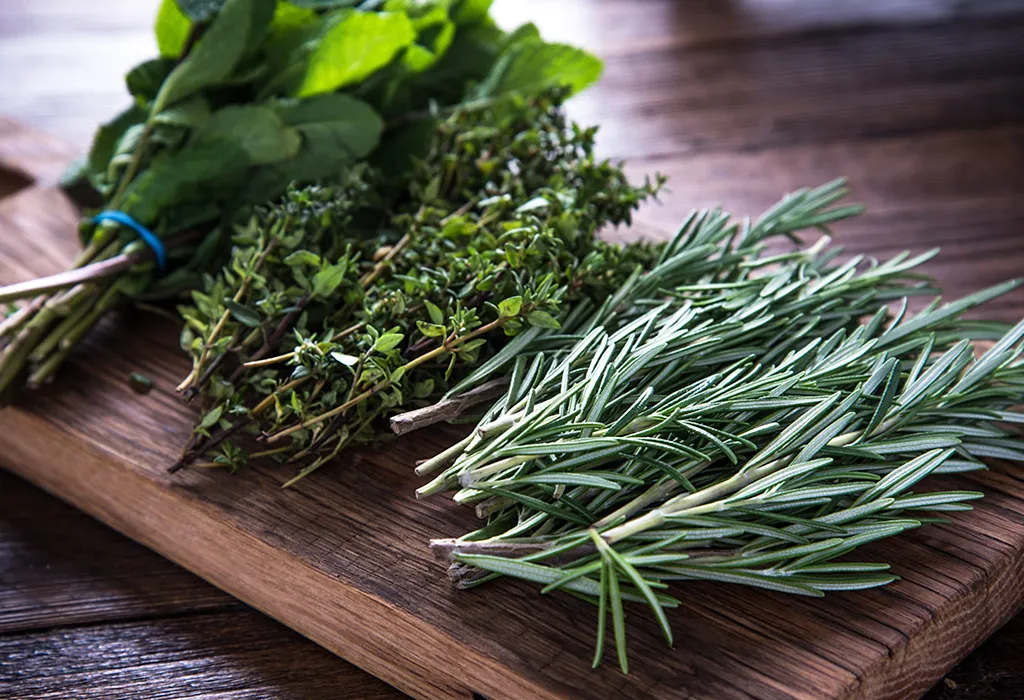
Most experts advise against taking herbs during pregnancy. Herbs containing steroids can adversely affect the baby’s growth during pregnancy. For example, Centella can cause harm to the liver, resulting in severe jaundice and damage the baby’s brain. Dong Quai contains agents that can initiate a miscarriage or premature delivery. It’s sensible to consult a doctor before consuming any herbs.
12. Peach
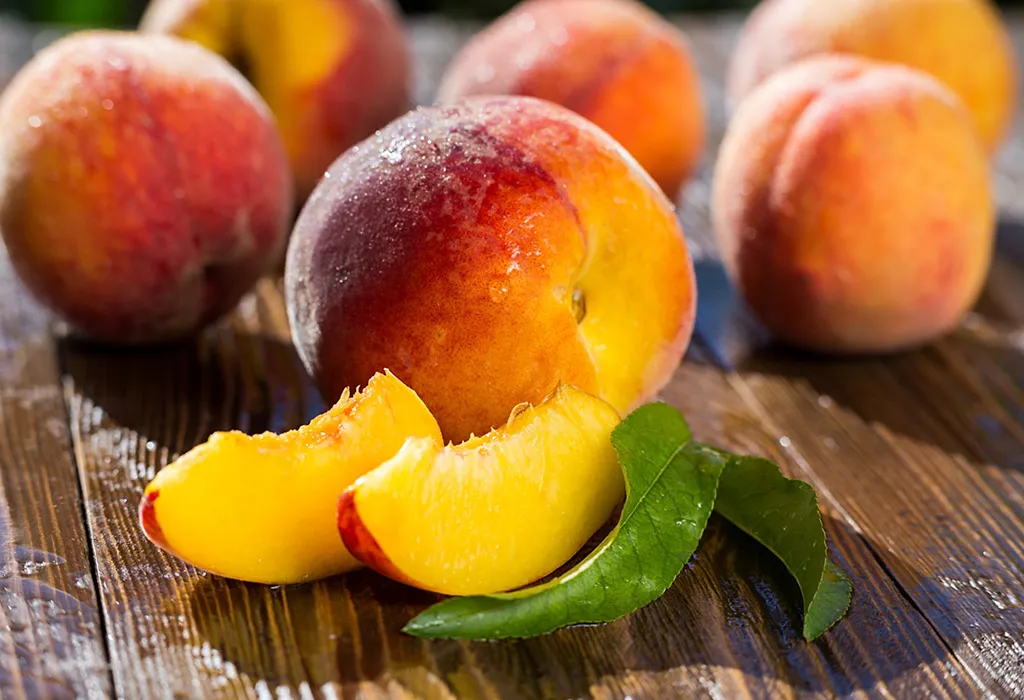
Peaches, if consumed in large quantities during pregnancy, can produce excessive heat in the body and lead to internal bleeding. Moreover, pregnant women should peel the skin off the peach before eating as the hair on the fruit can cause burning and itching in the throat.
13. Wild Apples
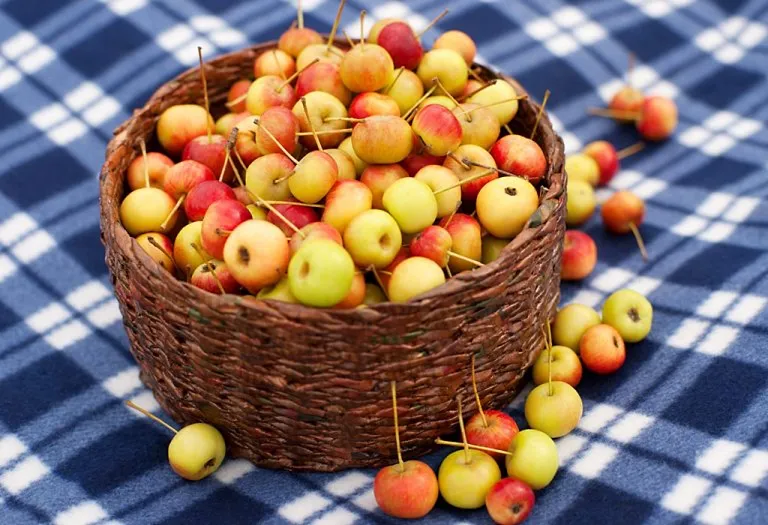
Pregnant women should avoid having wild apples during pregnancy. Their acidic and sour properties may induce the uterus to contract and lead to premature labour or a miscarriage.
14. Processed Meat
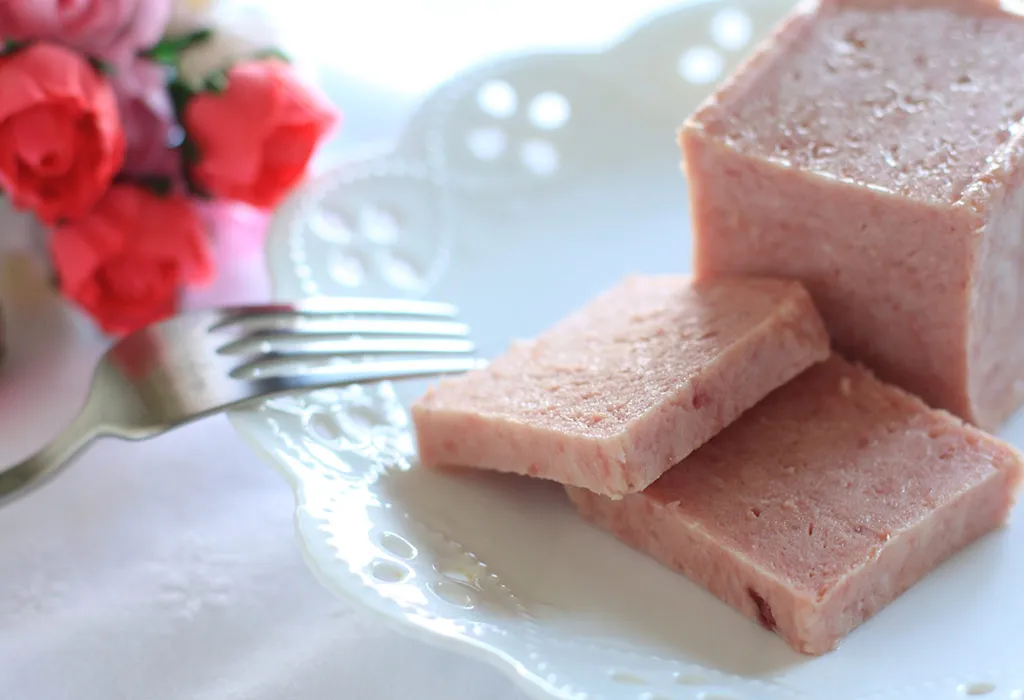
Consuming processed meats like sausages, stuffed meat, pate, minced meat, salami, deli meat, and pepperoni during pregnancy is deemed unsafe. This is because these meats harbour bacteria like Toxoplasma gondii, listeria or salmonella, which can cause food poisoning. Pregnant women should particularly avoid eating undercooked or raw meat because the bacteria present can cause severe problems like miscarriage, premature delivery or stillbirth. Therefore, it’s essential to cook the meat properly and rewarm it thoroughly before consuming.
15. Eggs and Poultry
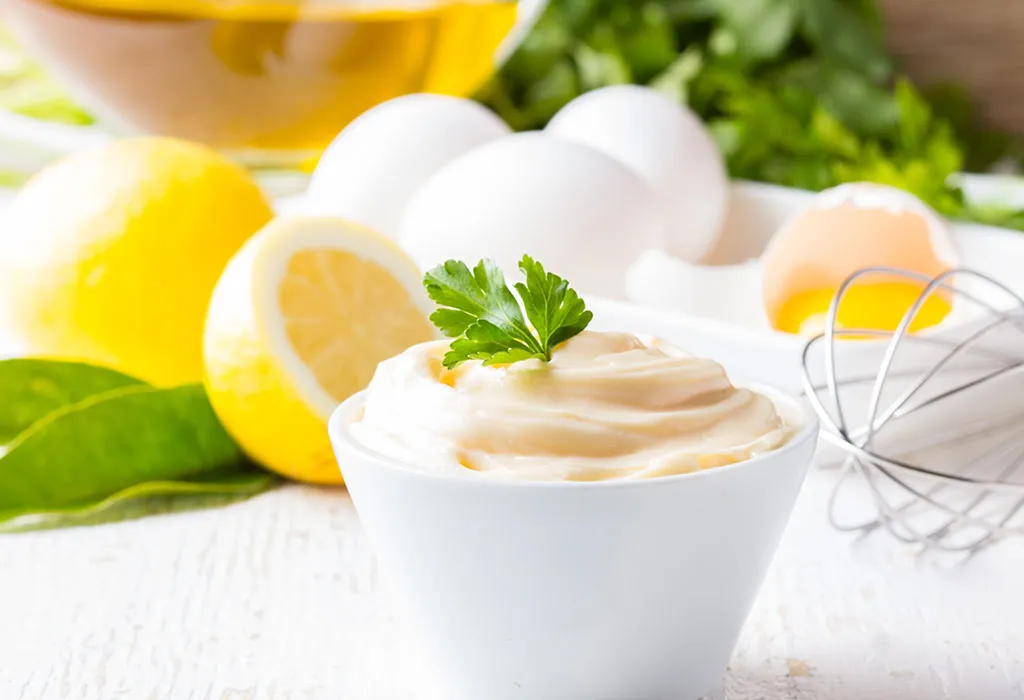
Care should be taken while consuming eggs and poultry products during pregnancy. That’s because eggs carry the salmonella bacteria that can lead to problems like food poisoning, diarrhoea, fever, intestinal pain and even a miscarriage. Cook the eggs thoroughly until the whites and yolk become solid. This helps in killing the bacteria and makes it safe to consume. Pregnant women should also refrain from having eggnog, homemade mayonnaise, mousse, soufflé, and smoothies containing raw eggs.
16. Unwashed and Unpeeled Vegetables
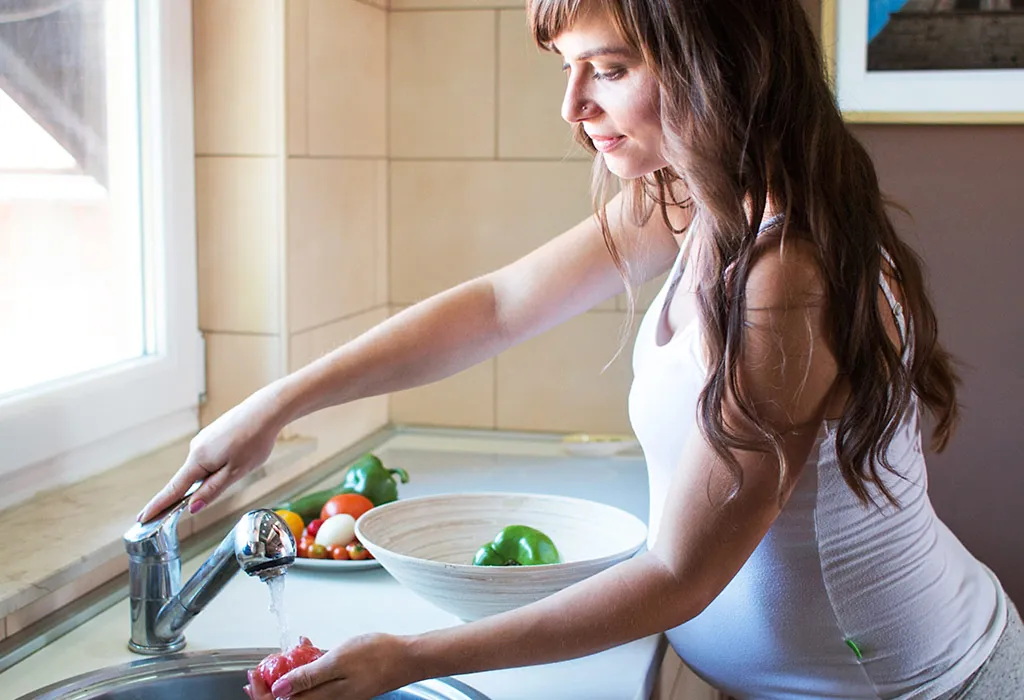
Green leafy vegetables are beneficial for pregnant women. But raw or unwashed vegetables possess toxoplasma gondii, a common parasite which causes toxoplasmosis. A pregnant woman, if infected, can pass it to her unborn child. It is, therefore, imperative to soak vegetables in clean salt water and wash them beneath running water before consuming. Pregnant women should rinse, peel and cook the vegetables well. Also, ensure that the used cutlery has been washed and wiped clean.
17. Seafood
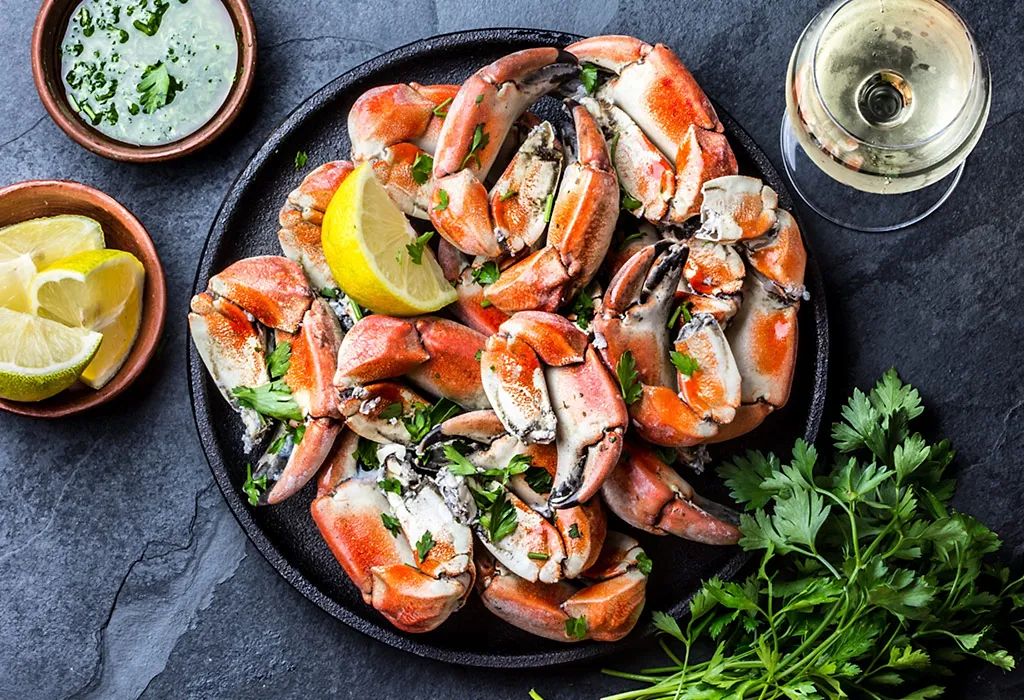
Most seafood like shellfish, oysters, sashimi, sushi, and prawns may be polluted with listeria that can result in pregnancy problems like preterm labour or miscarriage. It’s advisable to consume only well-cooked seafood. If you’re dining in a Japanese restaurant, be cautious as the seafood may be raw on the inside.
18. Spices
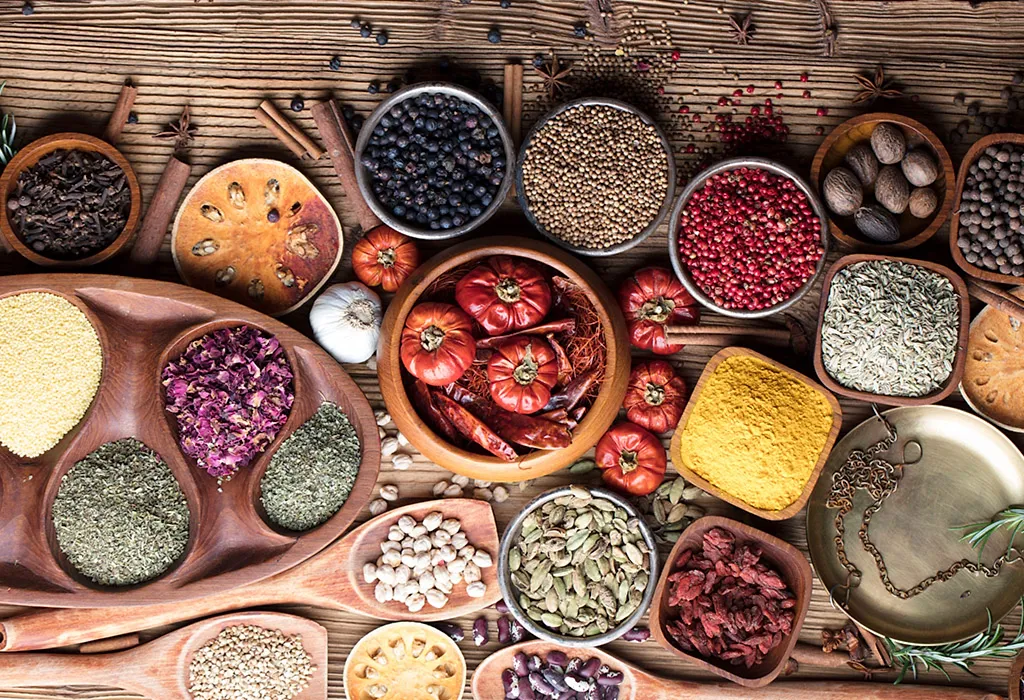
Spices add flavour to dishes. But certain spices like fenugreek, asafoetida, garlic, angelica, and peppermint are best avoided during pregnancy. These spices can stimulate the uterus, and result in contractions, preterm labour and miscarriage. They may also cause blood thinning and bleeding during pregnancy.
19. Sprouted Potatoes
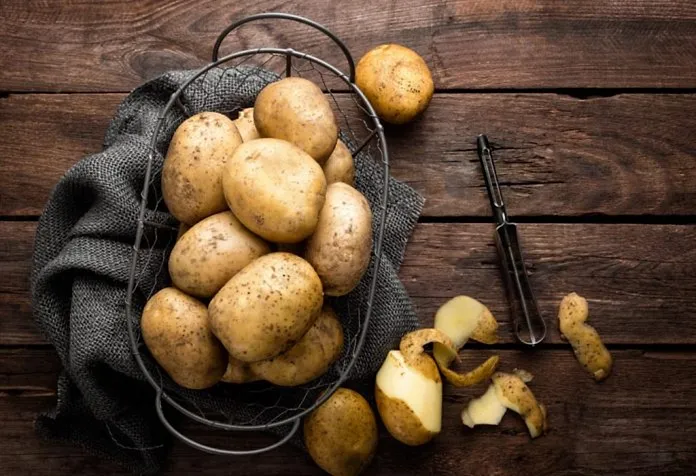
When potatoes remain unused for too long, they develop little green sprouts. Using such potatoes is harmful to expecting women. Sprouted potatoes contain solanine that can hamper foetal growth.
20. Raw Sprouts
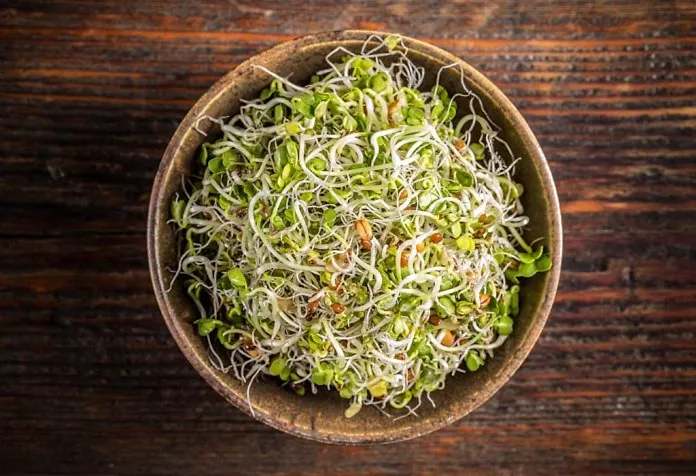
Sprouts are a favourite with many in India. But raw sprouts like clover, alfalfa, radish and mung bean sprouts carry salmonella. That said, cooked sprouts can be safely consumed by pregnant women.
21. Alcohol

Women who drink alcohol may have to give it up once they get pregnant. Alcohol negatively impacts the brain development of the foetus; at the same time, it increases the chances of miscarriage and stillbirth. Even a small amount may result in a baby born with facial deformities, heart defects and intellectual disabilities.
22. Junk Food
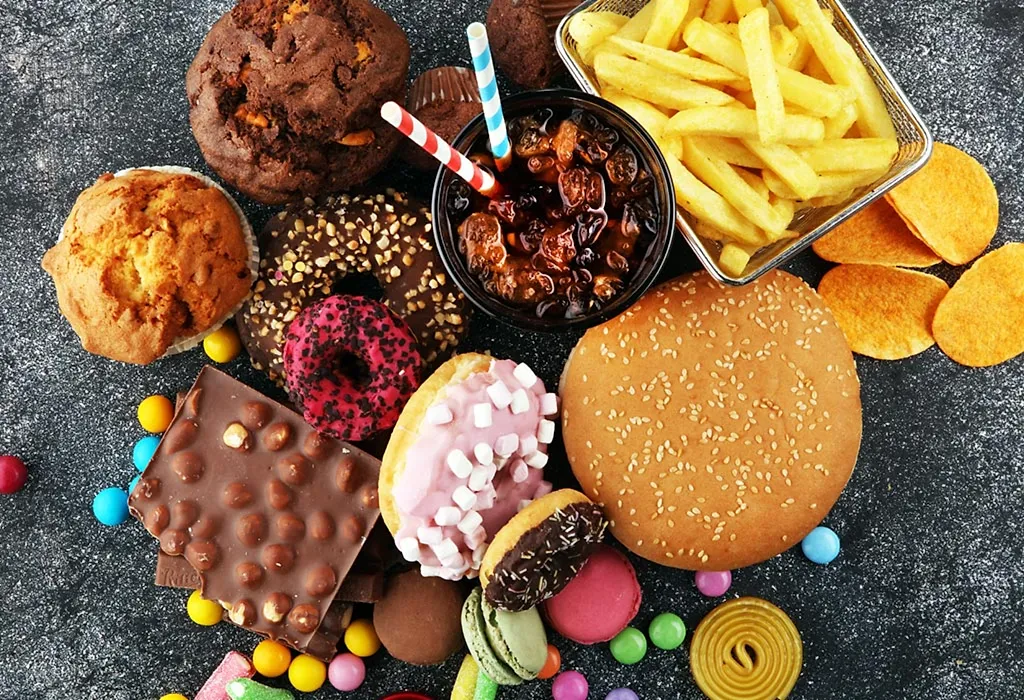
Junk food doesn’t provide any nutrients, but rather high calories, fats and sugars. Consuming too much sugar during pregnancy has been linked to gestational diabetes, weight gain and heart ailments. It can also increase the chances of an overweight baby.
23. Saffron
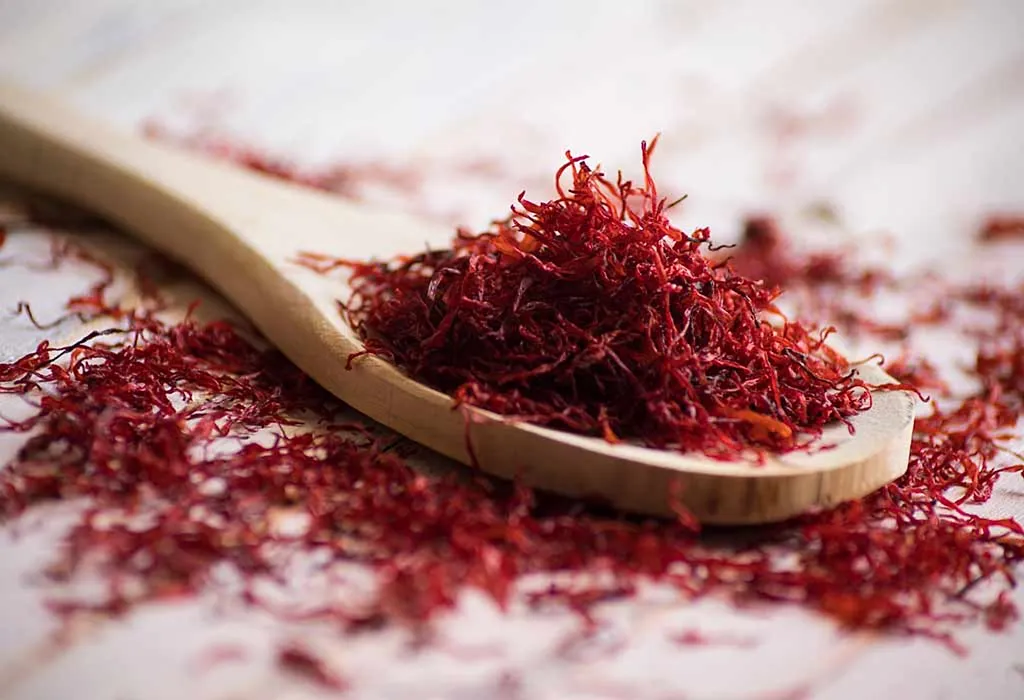
Saffron is often used in small amounts for flavoring and coloring dishes. However, excessive consumption during pregnancy can stimulate the uterus and lead to contractions, potentially resulting in a miscarriage.
24. Licorice
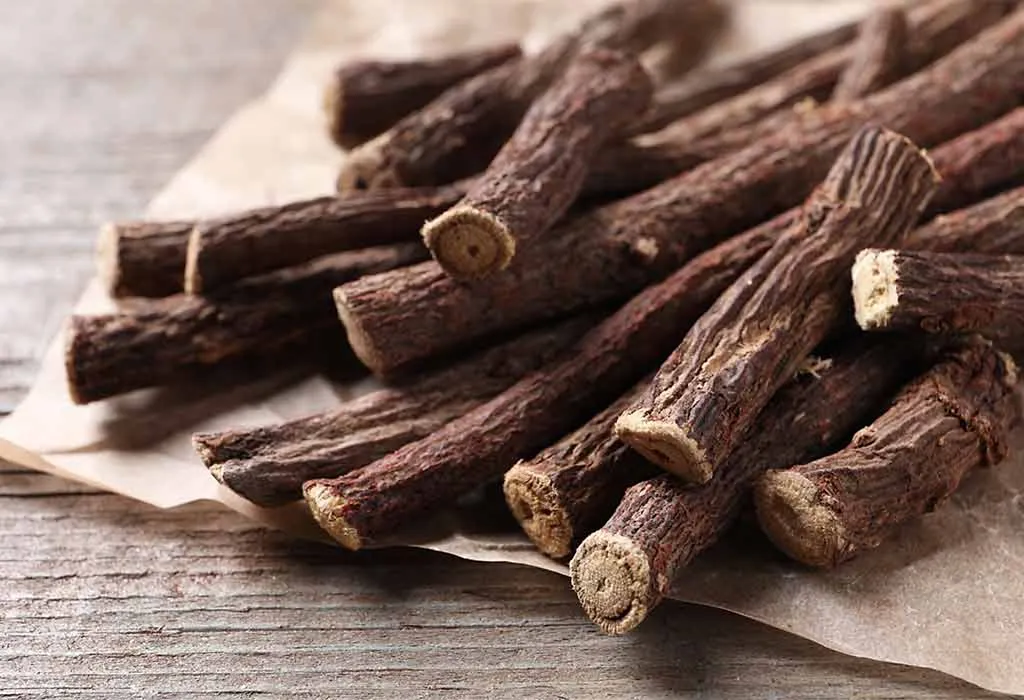
Licorice contains glycyrrhizin, which can disrupt hormonal balance and potentially lead to miscarriage. Pregnant women should avoid consuming licorice candies or supplements containing licorice extract to minimize the risk.
Maintaining a healthy and balanced diet is essential during pregnancy. This implies including food items from all food groups so that you can derive the necessary vitamins and nutrients. Moderation is key. Anything eaten in excess can be harmful to pregnancy. We suggest that you consult your gynaecologist and nutritionist regarding foods that cause miscarriage in early stages, foods that cause miscarriage in second trimester as well as the third trimester.
Infographics: 8 Foods that Can Cause Miscarriage in Early Pregnancy
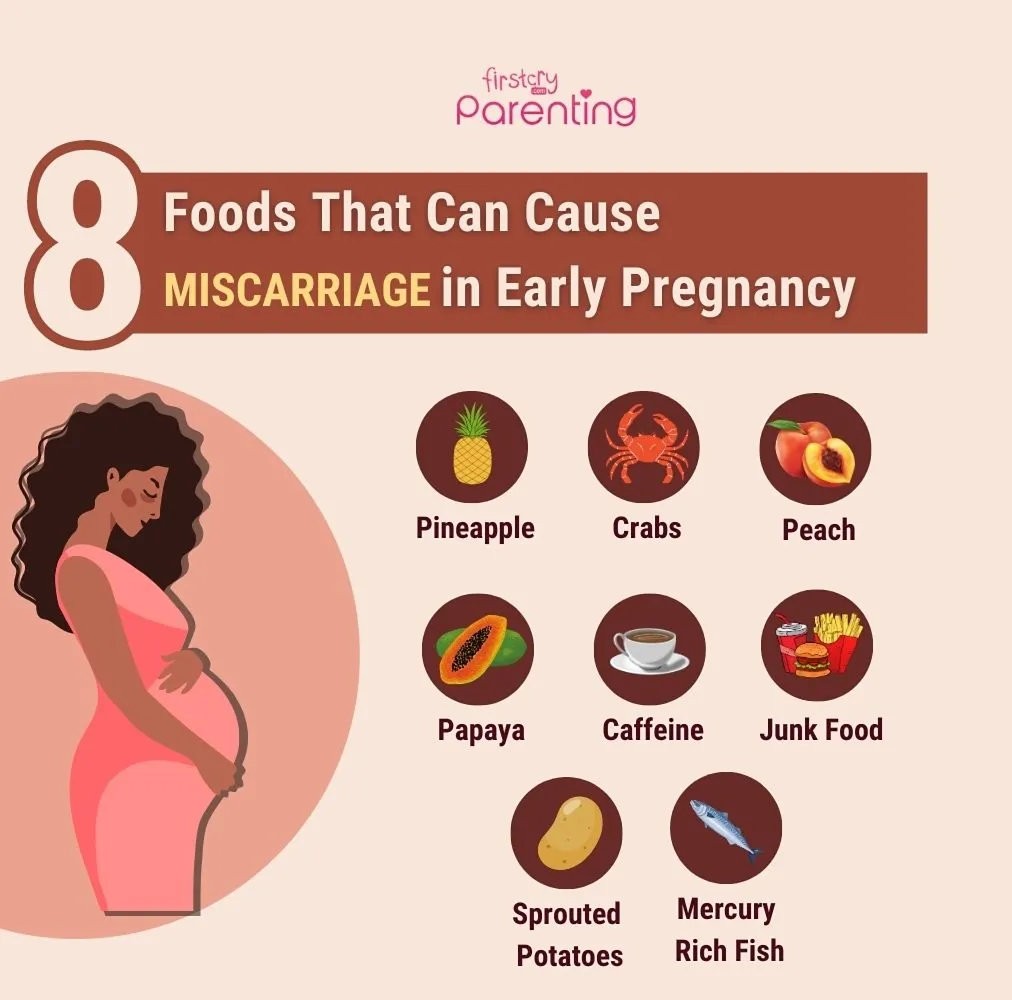
References/Resources:
1. Dardona. Z, Boussaa. S, Al-Hindi. A; The occurrence of Toxoplasma gondii on raw leafy vegetables in Gaza – Palestine (Journal of Food Protection); ResearchGate; https://www.researchgate.net/publication/343781295_The_occurrence_of_Toxoplasma_gondii_on_raw_leafy_vegetables_in_Gaza_-_Palestine; August 2020
2. Chakrabarti. S, Chakrabarti. A; Food taboos in pregnancy and early lactation among women living in a rural area of West Bengal (Journal of Family Medicine and Primary Care); National Library of Medicine; https://www.ncbi.nlm.nih.gov/pmc/articles/PMC6396620/; January 2019
3. Foods to avoid in pregnancy; Nidirect government services; https://www.nidirect.gov.uk/articles/foods-avoid-pregnancy
4. Chung. Y, Melo. P, Pickering. O, Dhillon-Smith. R; The association between dietary patterns and risk of miscarriage: a systematic review and meta-analysis (Fertility and Sterility); National Library of Medicine; https://pubmed.ncbi.nlm.nih.gov/37061157/; April 2023
5. Raw Milk Questions and Answers; Centers for Disease Control and Prevention; https://www.cdc.gov/foodsafety/rawmilk/raw-milk-questions-and-answers.html
6. Arakelyan. H; Dangerous Foods and Herbs in Pregnancy-3 Fruits Continued of Dangerous Foods and Herbs in Pregnancy-2 Vegetables; Researchgate; https://www.researchgate.net/publication/330243258_Dangerous_Foods_and_Herbs_in_Pregnancy-3_Fruits_Continued_of_Dangerous_Foods_and_Herbs_in_Pregnancy-2_Vegetables; January 2019
7. Alcohol Use During Pregnancy; Centers for Disease Control and Prevention; https://www.cdc.gov/ncbddd/fasd/alcohol-use.html
Also Read:
How to Prevent Miscarriage
Can Stress Causes Miscarriage
Best Ways to Have Natural Miscarriage
Was This Article Helpful?
Parenting is a huge responsibility, for you as a caregiver, but also for us as a parenting content platform. We understand that and take our responsibility of creating credible content seriously. FirstCry Parenting articles are written and published only after extensive research using factually sound references to deliver quality content that is accurate, validated by experts, and completely reliable. To understand how we go about creating content that is credible, read our editorial policy here.








